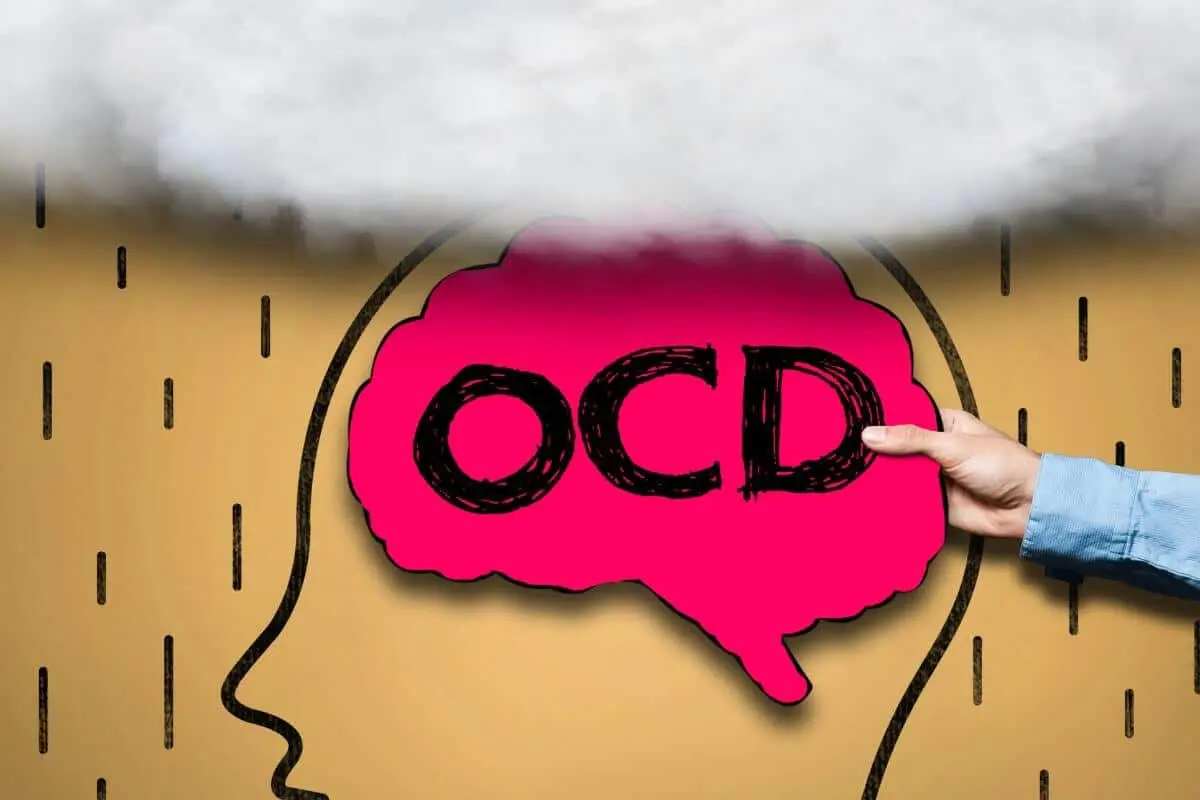
OCD Treatment Center & Online Psychiatric Mental Health Clinic in Flagstaff, AZ
Obsessive-compulsive disorder (OCD) can bring immense discomfort and disruption to an individual’s life. Managing symptoms can be challenging, and explaining rituals to others can lead to embarrassment.
Foothills Psychiatric Clinic in Flagstaff, Arizona offers specialized online OCD treatment, aiming to enhance understanding of the condition and mitigate its impact. Our treatment program features diverse therapies and appropriate medications, tailored to facilitate improved quality of life for those living with OCD.
Now accepting Online consultations/telepsychiatry. Call us for appointments.
OCD Common Questions and Answers
What is OCD- Obsessive Compulsive Disorder
The American Psychiatric Association describes Obsessive-Compulsive Disorder (OCD) as a condition characterized by persistent, unwanted thoughts or sensations (obsessions) that drive individuals to perform repetitive actions or rituals (compulsions). These compulsions might appear in various forms, such as excessive hand washing or repeated checking of things like locks or appliances. Although OCD itself is not dangerous, these repetitive behaviors can severely disrupt daily routines and affect social interactions.
Obsessions in OCD
Obsessions are recurring thoughts, impulses, or images that cause distressing emotions like anxiety or fear. People with OCD often use compulsions to relieve this distress, or they might try to ignore, suppress, or distract themselves from these thoughts.
Common obsessional thoughts can be:
– fear of contamination from people or the environment
– religious concerns, frequently involving blasphemous thoughts or fears.
– worrying that something is not complete
– concern with order, symmetry, or precision in extremes
– fear of losing or discarding significant items
Compulsions in OCD
Compulsions are repetitive actions or mental tasks performed to alleviate the distress of obsessions. They can be directly related, like frequent hand washing due to contamination fears, or unrelated. In severe cases, these behaviors can consume much of the day, disrupting daily routines.
Compulsive behaviors can look like:
– excessive hand washing, showering, brushing teeth, etc.
– too much cleaning of household items
– arranging things in a particular way
– repeatedly checking locks, switches, appliances, doors, etc.
– habits related to numbers, such as counting, repeating, excessively preferencing, or avoiding certain numbers
– avoiding certain people, places, or situations that cause them distress and trigger obsessions and/or compulsions.
While general OCD symptoms are not harmful, severe cases where these behaviors dominate your entire day and require professional help. If you experience this level of distress, it’s advisable to contact a psychiatric mental healthcare provider. Foothills Psychiatry in Flagstaff, Arizona, offers online diagnosis, treatment, and medication management for OCD and related conditions to help you lead a more stress-free life.
OCD Diagnosis & Treatment

How is OCD Diagnosed?
To determine if you have OCD, our psychiatric mental health professionals in Flagstaff, AZ, conduct thorough assessments. Through online consultations or telepsychiatric appointments, we evaluate your thoughts, emotions, lifestyle habits, current medications, and medical history.
Foothills Psychiatric Clinic in Flagstaff also provides pharmacogenomic testing to identify which medications are most effective for your mental health needs. Based on the assessment results, we create a personalized treatment plan. For those with severe OCD, medication may be necessary to help manage and stabilize symptoms for a healthier lifestyle.
How is OCD Treated?
Receiving appropriate treatment for OCD can enhance quality of life and improve daily functioning. At Foothills Psychiatric Clinic in Flagstaff, AZ, our online OCD specialists are dedicated to offering effective medication and treatment options to boost your mental health and help you live a fulfilling life. Common treatments for OCD include psychotherapy and medications, which help manage behaviors and adjust brain function.
1 Psychotherapy (Talk Therapy)
OCD and other mental conditions can be treated with the help of psychotherapy, also called talk therapy.
Cognitive Behavioral Therapy (CBT):
This psychotherapy approach is particularly helpful for those with OCD and related disorders. CBT teaches individuals new cognitive patterns, behaviors, and responses to situations, aiming to decrease anxiety and fear.
Exposure therapy:
A component of CBT, exposure therapy treats anxiety by encouraging individuals to confront their fears directly and engage in avoided activities. Relaxation exercises may also be included to support the treatment process.
2. Medications
Selective serotonin reuptake inhibitors (SSRIs), which are commonly prescribed for anxiety and depression, can also be effective for treating OCD. Higher doses are often required for OCD, and if one SSRI is ineffective, another might be more beneficial. It generally takes six to twelve weeks to see the full effect. For mild to moderate OCD, either CBT or medication can be used based on the patient’s preference and circumstances. For severe OCD, a combination of CBT and SSRIs is usually the most effective approach.
Note: The medications mentioned here are for informational purposes only. We strongly recommend consulting a psychiatrist or mental health professional before starting any medication for OCD treatment or other mental disorders.
3. Lifestyle Changes
Early-stage OCD can often be managed by adopting healthy lifestyle habits. Improvements such as eating nutritious foods, getting enough rest, reducing stress, and staying organized with to-do lists can lead to significant health benefits.
At Foothills Psychiatric Clinic in Flagstaff, AZ, we offer personalized online therapy and counseling to treat OCD, adjusting treatment plans to meet your specific needs and goals. We provide both online and offline consultations. Call us at 480-608-4877 to schedule your appointment.














